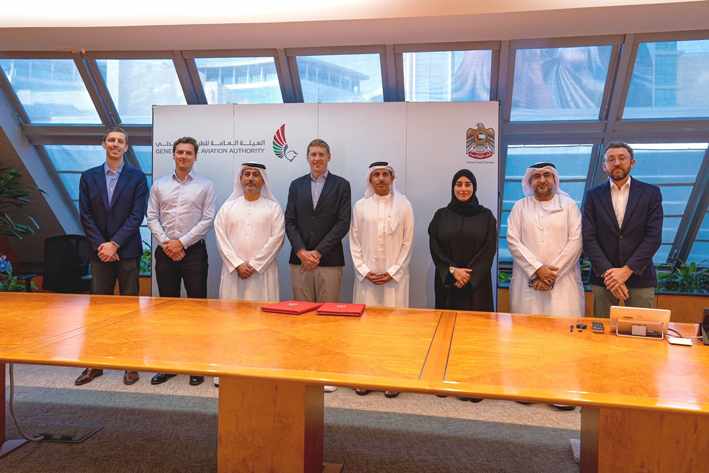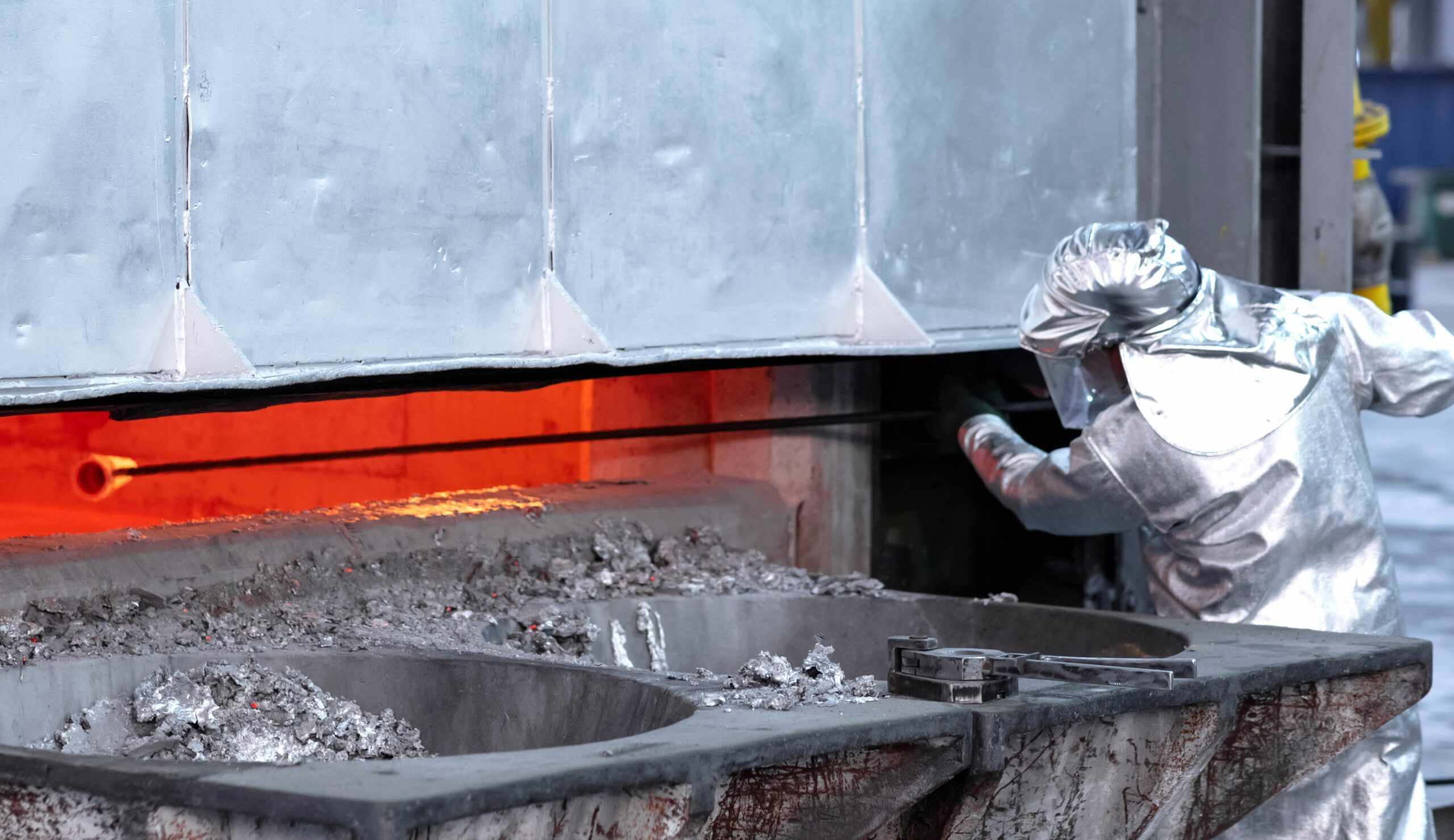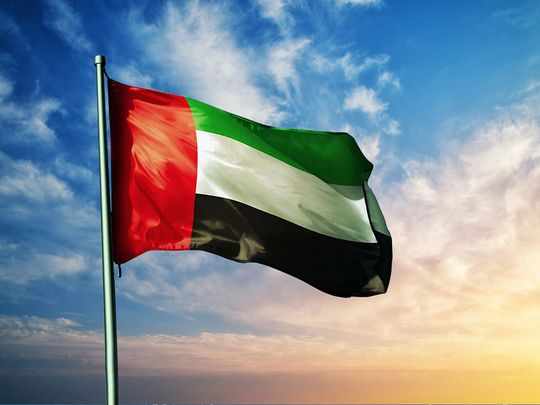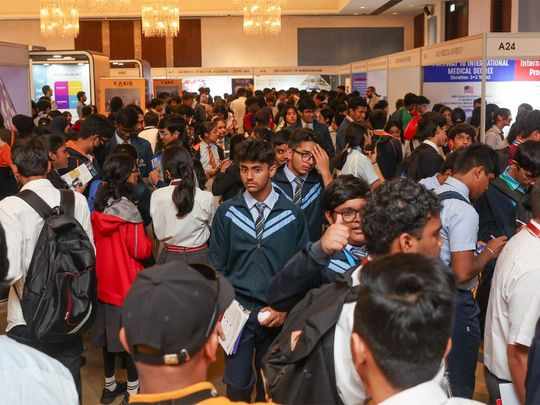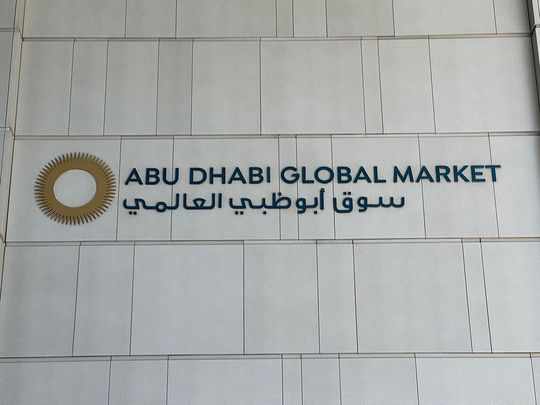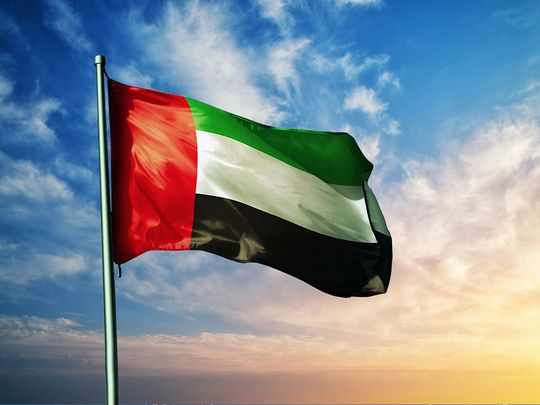Political will, private capital and home-grown innovation required to tackle climate crisis: Badr Jafar at Davos
- Date: 17-Jan-2023
- Source: Zawya
- Sector:Financial Markets
- Country:UAE
Political will, private capital and home-grown innovation required to tackle climate crisis: Badr Jafar at Davos
- USD $100 trillion of additional investment required to transition to net zero by 2060
- COP28 in the UAE to create global architecture for all capital actors to act together at speed and at scale
Davos: At a special session on climate philanthropy hosted at the World Economic Forum (WEF) annual meeting in Davos, public, private and philanthropy leaders gathered to amplify efforts to achieve net zero and nature positive goals. The session, titled ‘Philanthropy: A Catalyst for Protecting Our Planet,’ took place as the United Arab Emirates prepares for hosting COP28 Emirates Climate Conference later this year.
In opening remarks, Borge Brende, President of the World Economic Forum, pointed out that less than 2% of global philanthropy currently goes towards climate change action and called for greater collaboration between stakeholders to scale impact. He was followed by John F. Kerry, U.S. Special Presidential Envoy for Climate, who spoke of the urgent need to harness the power of catalytic philanthropy to protect our planet.
Moderated by Gim Huay Neo, Managing Director, Centre for Nature and Climate, World Economic Forum, the session convened business and policy leaders including Mark Carney, UN Special Envoy for Climate Action and Finance, Desmond Kuek, CEO, Temasek Trust, H.E.



